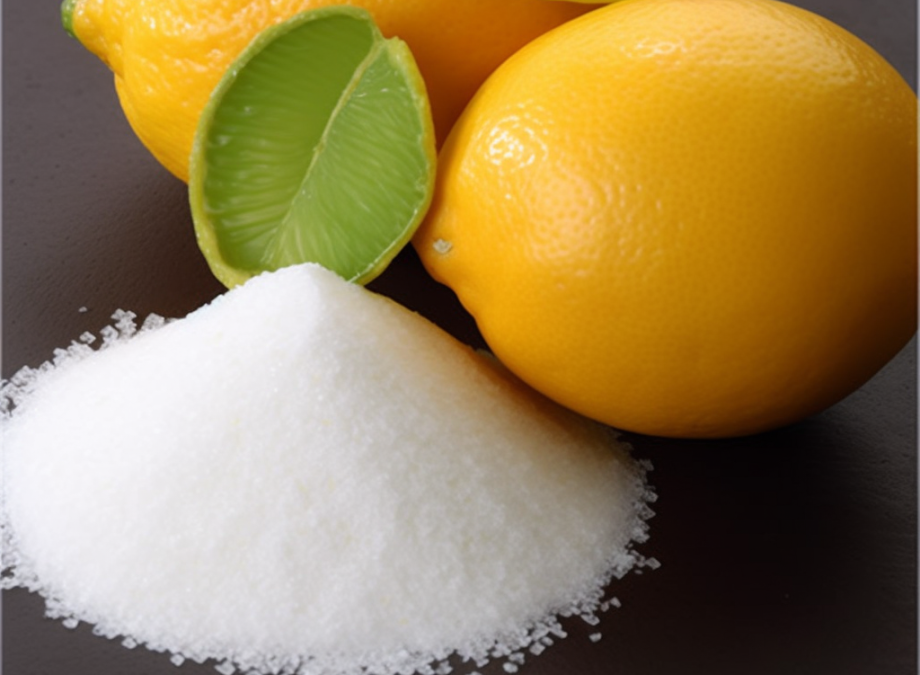
Citric acid is an organic compound which is naturally found in citrus fruits, such as lemons, limes, and oranges. This colorless weak organic acid belongs to the class of alpha hydroxy acids (AHAs).
Citric acid is used as an acidulant in different liquids, gels, and creams. In foods and dietary supplements, it is used as a processing aid for its technical and functional effects including but not limited to acting as a chelator, viscosifier, and acidulent.
In the skincare industry, the active ingredient of citric acid is used for promoting exfoliation and skin cell turnover. Moreover, it is also a good source of antioxidants.
Citric acid acts as a chemical exfoliant. It helps to dissolve the “glue layer” that keeps dead cells together on the surface of the skin. By promoting cell turnover and removing dead cells, the pores get unclogged, skin tone evens out, and skin texture gets improved.
The active ingredient of citric acid also has astringent properties. This helps to dry out the excess oil from the skin leaving it clean and glowing.
Citric acid is unique among other alpha hydroxy acids (AHAs) due to its antioxidant sources. They are able to fight the oxidative stress caused by external aggressors like sun damage.
Lastly, with a natural pH of 2, citric acid is an excellent pH balancer. It helps to prevent the skin’s pH become too alkaline in order to keep a normal skin barrier. A well-functioning skin barrier is one of the foundations of healthy and beautiful skin.
Even though citric acid is classified as gentler and milder acid among the rest in its family, it is still an acid that can cause irritation in some cases. Individuals with sensitive skin or inflammations are more prone to experience irritation and redness. Citric acid will also make the skin more susceptible to the sun, so it is recommended to apply sunscreen on regular basis.
Overall, citric acid is considered safe for all skin types, except for individuals with sensitive skin.
Skincare products with citric acid can be used from two to three times per week. However, it all depends on the individual use of each product.



